#Lobbying
Auto Lobby Says EPA Targets Aren’t Achievable
The Alliance for Automotive Innovation (AAI) is reportedly prepared to tell the Environmental Protection Agency (EPA) that its proposal to significantly reduce vehicle emissions through the 2032 model year is wildly unrealistic. The lobbying group believes that the government’s proposed targets are “neither reasonable nor achievable in the timeframe provided."
An internal memo was released on Wednesday, stating that the regulations introduced by the U.S. government earlier this year were so stringent that they were "a de facto battery-electric vehicle mandate.”
Mrs. Barra Goes to Washington
General Motors CEO Mary Barra met with Senate Commerce Committee Chair Maria Cantwell, (D-WA) and fellow Democratic Commerce Committee member Gary Peters in Washington D.C. on Thursday to help lobby for favorable legislation pertaining to self-driving cars. Though it sounds like they were already on board with whatever GM wanted, as they’ve already started repeating familiar rhetoric designed to encourage legislators to tweak Federal Motor Vehicle Safety Standards (FMVSS).
The meetings coincide with Barra's press events discussing how the automaker would like to implement artificial intelligence (including the infamous ChatGPT) into future products.
Japan Says America’s Updated EV Tax Credits Are Illegal
Following the passing of the U.S. “ Inflation Reduction Act,” South Korea came to the defense of Hyundai Motor Group to urge America to postpone things until the automaker completed a facility in Georgia intended to manufacture all-electric vehicles. Hyundai chairman Chung Eui-sun had reportedly expressed serious concerns that revamping and renewing the EV credit scheme disproportionately advantaged certain manufacturers – sending the Korea Automotive Industry Alliance into lobbying overdrive.
Study Suggests Public Supports Right-to-Repair Movement
Most people who know their way around a wrench will tell you that vehicles haven’t gotten any easier to work on over the years. While modern automobiles tend to be longer lived than earlier models and on-board diagnostics have made issues somewhat easier to diagnose, decades of added complexity have made resolving those problems substantially more troublesome and costly. Modern engine layouts are focused on packaging, not on providing mechanics with easy access, and the sheer number of electrical components in today’s cars means that many parts that could have been repaired before now have to be replaced.
Automakers Still Dissatisfied, Lobbying Continues
Automakers are growing concerned about the future now that it looks like people have finally reached their breaking point in regard to elevated vehicle pricing. While the industry is citing inflation in the general sense, the truth of the matter is that companies’ own inability to manufacture vehicles and parts at anything approaching a normal pace resulted in price increases that vastly outpaced the devaluation of your preferred currency. This was made far worse by dealerships affixing their own markups to just about every model that compares favorably to walking.
NADA Wants to Stop Catalytic Converter Theft
The National Automobile Dealers Association (NADA) and a dozen related trade groups are petitioning Congress to crack down on stolen catalytic converters. The emission control devices are loaded up with valuable metals and are relatively easy to steal if you’re slim enough to get beneath a parked car and happen to have a reciprocating saw handy — making them prime targets for cash strapped criminals, especially now that material prices are on the rise.
Cities across the country have reported an increase in catalytic converter theft this year. While a majority of police departments are estimating a year-over-year increase of under 40 percent, some have said their figures are substantially larger. In March, Las Vegas Police Department estimated there were 87 percent more vehicles with hacked apart exhaust pipes in 2022. Philadelphia was even higher, reporting a staggering 172 percent increase in dismantled exhaust systems.
GM CEO Says Incentives May Help America Transition to EVs
General Motors CEO Mary Barra has chimed in on the weeklong open discussion about whether or not it’s a good idea for America to embrace the Biden administration’s EV tax credit plan, which just so happens to be deeply intertwined with the Build Back Better Act’s cavalcade of federal initiatives.
As we’ve already covered the topic more than once, we’ll avoid the recap and simply post the relevant links where Tesla CEO Elon Musk recommended pitching the entire bill into the trash and Transportation Secretary Pete Buttigieg went to bat for the White House by suggesting the updated tax scheme was a necessity for electrification to thrive. Barra opted to go with the latter take, stating that it could help accelerate EV adoption.
Buttigieg Issues Rebuttal to Elon Musk Regarding EV Subsidies
U.S. Transportation Secretary Pete Buttigieg has responded to criticisms Elon Musk has made about the Biden administration’s plan for electric vehicle subsidies.
The Tesla CEO believes the Obama-era EV tax credits were more than sufficient, with his own company serving as physical proof, and suggested the entire Build Back Better Act be tossed into the toilet. But Secretary Buttigieg said it was a necessary item if the United States hoped to advance electrification, swiftly transition away from combustion vehicles, and escape the perils of climate change (formerly known as global warming).
Elon Musk Continues Insulting Biden Admin's EV Tax Credit Scheme
Elon Musk has continued bashing the Biden administration’s tax credit legislation designed to spur electric vehicle adoption, this time suggesting that the entire bill be scrapped. Included as part of the Build Back Better Act that’s focused on addressing various social, infrastructure, and climate issues, Musk suggested the entire text simply be done away.
“Honestly, I would just can this whole bill,” he stated at The Wall Street Journal’s CEO Council Summit, appearing remotely from Tesla’s construction site in Austin, Texas.
Opinion: Governors Begging Congress for Semiconductor Cash Won't Fix Anything
There’s an initiative to convince Congress to pass legislation that would pour billions of dollars onto chip manufacturers at play that’s being led by Michigan Governor Gretchen Whitmer. A letter, signed by nine other governors, was issued asking like-minded lawmakers to send $52 billion in economic aid so that the chip shortage so that the supply issues that have been plaguing various industries (including the automotive sector) can finally be resolved.
Backed by the U.S. Semiconductor Industry Association (SIA), the “CHIPS for America Act” is just one of several programs designed to use the National Defense Authorization Act to create federal funding for chip suppliers. The governors (all of which are from states manufacturing automobiles) say they want a cash injection by the end of 2021 so that domestic chip manufacturing can build new factories right away. But SIA lobbyists are pressing for numerous plans that would result in extensive tax breaks and annual investments from the government that is all focused around the proposed CHIPS legislation and piggybacks on the recently passed U.S. Innovation and Competition Act (USICA).
Alright, let’s break this down.
Opinion: Elon Musk's Criticisms of the EV Incentive Bill Are Valid
Tesla CEO Elon Musk isn’t fond of the new electric-vehicle incentives being proposed by the United States Congress and recently stated as much over social media this week. He even went so far as to allege that the bill was lobbyists working on behalf of legacy automakers and the United Auto Workers, as it monetarily benefits domestic manufacturers with strong union ties above all others.
Truth be told, it’s kind of hard to respond to those claims with anything other than an affirmative nod. Due to his seemingly intentional manipulation of cryptocurrency and willingness to overpromise Tesla investors, I’m not the biggest fan of Musk. However, he’s getting support from other manufacturers and it’s pretty hard for your author to see any legislative scenario other than the one he’s supporting — especially since this is frequently how business is done on Capitol Hill.
Brother of Top Biden Adviser Lobbied for General Motors
Washington, D.C. has long been thought of as a “swamp” of shady dealings, regardless of what party is in charge of the White House and/or Congress at any given time.
The previous president even promised to “drain the swamp,” though his critics would argue he made it swampier than ever.
Report: Toyota Working Against EV Shift
In case you missed it over the weekend, The New York Times had a report suggesting that Toyota is quietly working to slow the automotive industry’s shift to electric vehicles.
Yes, that Toyota. The same one that has been praised for its development of gas-electric hybrids. The same one that uses one particular hybrid — the Prius — as an avatar for its green cred.
Largest Labor Group Says Autonomous Trucks Need Drivers
The Transportation Trades Department for the American Federation of Labor and Congress of Industrial Organizations (AFL-CIO) is spending its Tuesday telling the U.S. House of Representatives Energy and Commerce subcommittee that autonomous vehicles. Though it’s not because they occasionally run amok when left to their own devices. This is a matter of jobs.
Labor leaders have become increasingly concerned by the massive layoffs that will likely accompany the proliferation of electric vehicles, which require fewer components to assemble. But AVs have played second fiddle until fairly recently, with truckers doing most of the heavy lifting themselves. Now, the ALF-CIO is getting in on the action and hoping to convince legislators to establish formal requirements for there to be a driver behind in the wheel of all commercial vehicles over 10,000 pounds.
Auto Lobby Now Recommends Driver Monitoring Cameras
On Tuesday, the largest automotive lobbying group released a handful of safety guidelines related to driver monitoring for vehicles equipped with driver-assistance features. It’s pageantry designed to convince you and the rest of the world to embrace technologies that have already led to unsettling privacy violations. The Alliance for Automotive Innovation making recommendations for the industry is farcical because the AAI already represents just about every major player on the field, suppliers included. The only real outsider is Tesla, which the organization decided would make an excellent scapegoat for the broader tech agenda.
But there’s still merit to the discussion, especially if the only proposed solution is to let the industry watch us inside our cars 24/7.



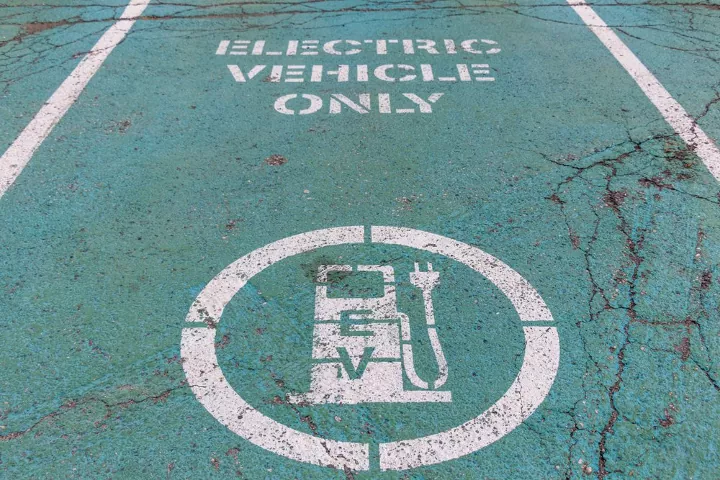
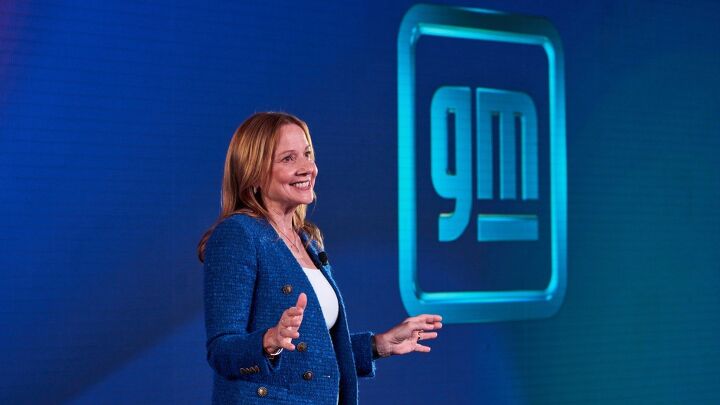
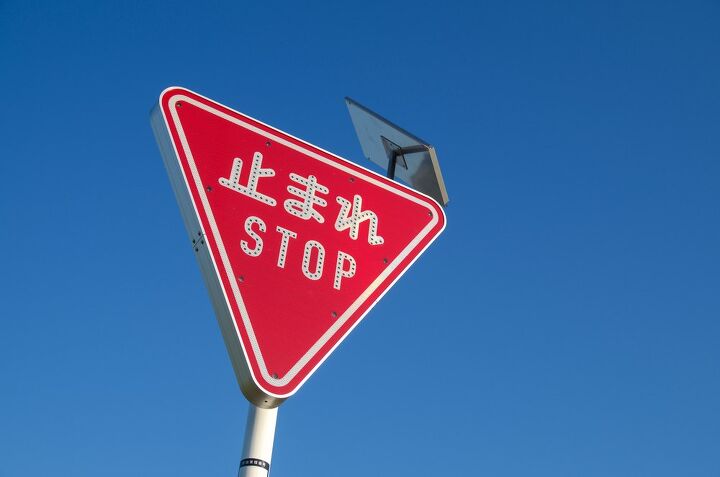


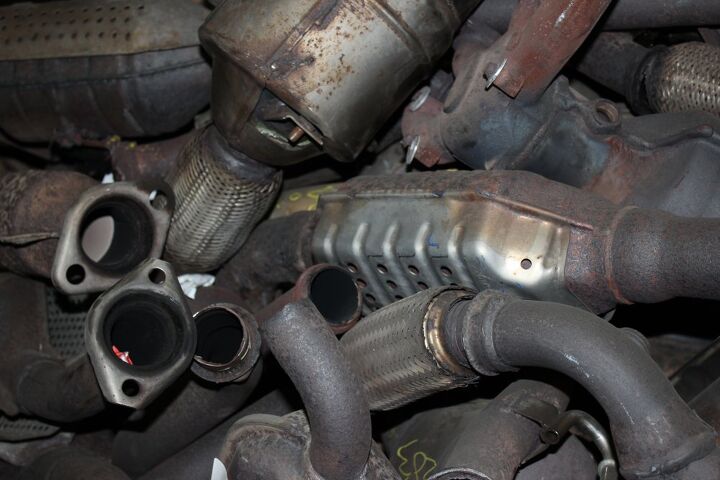
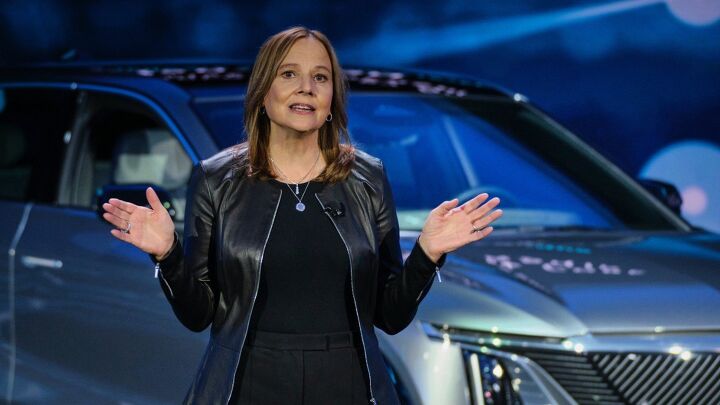


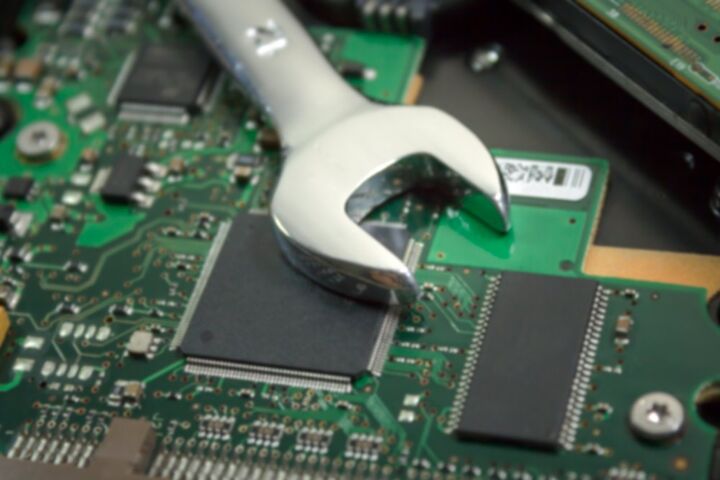
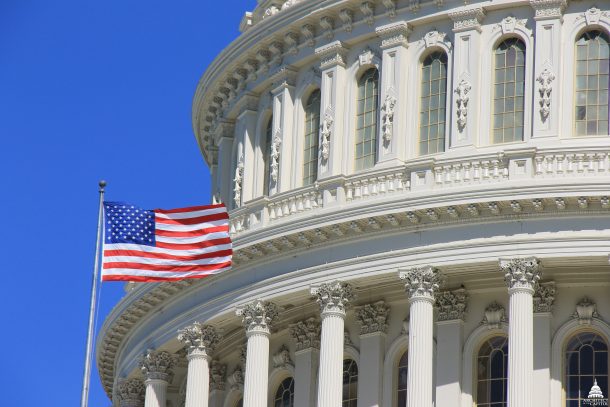
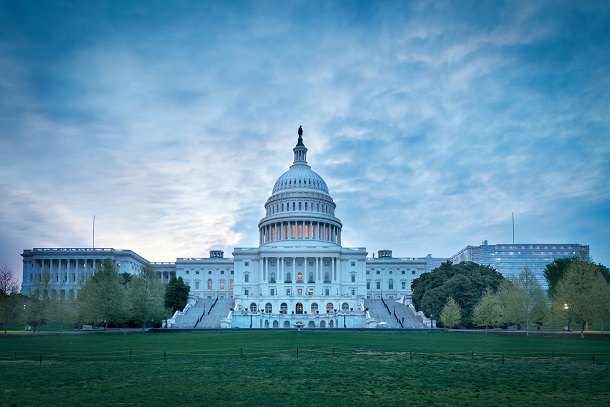
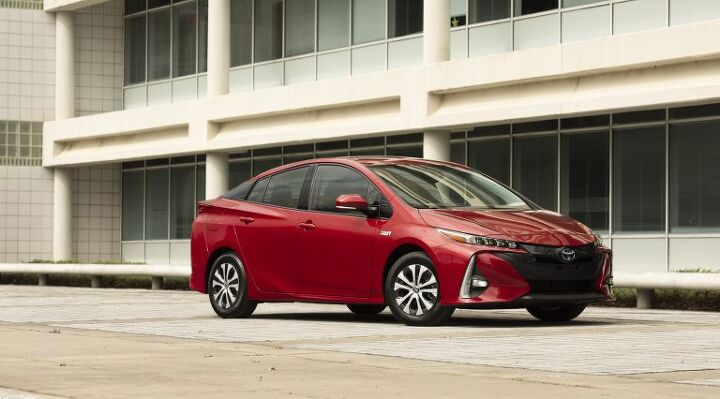

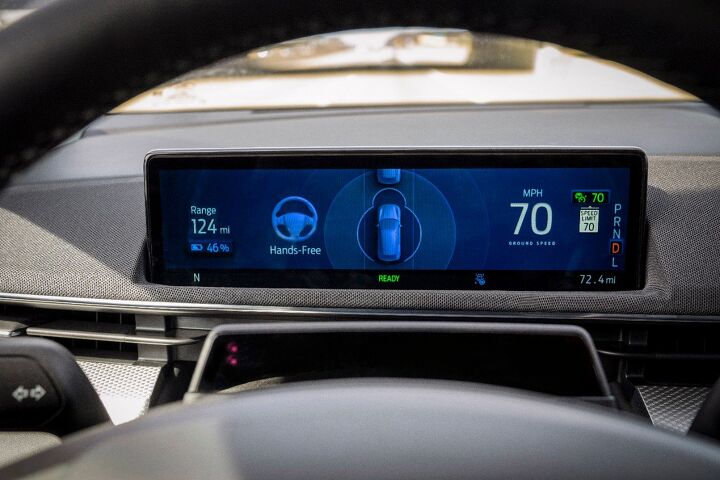











Recent Comments